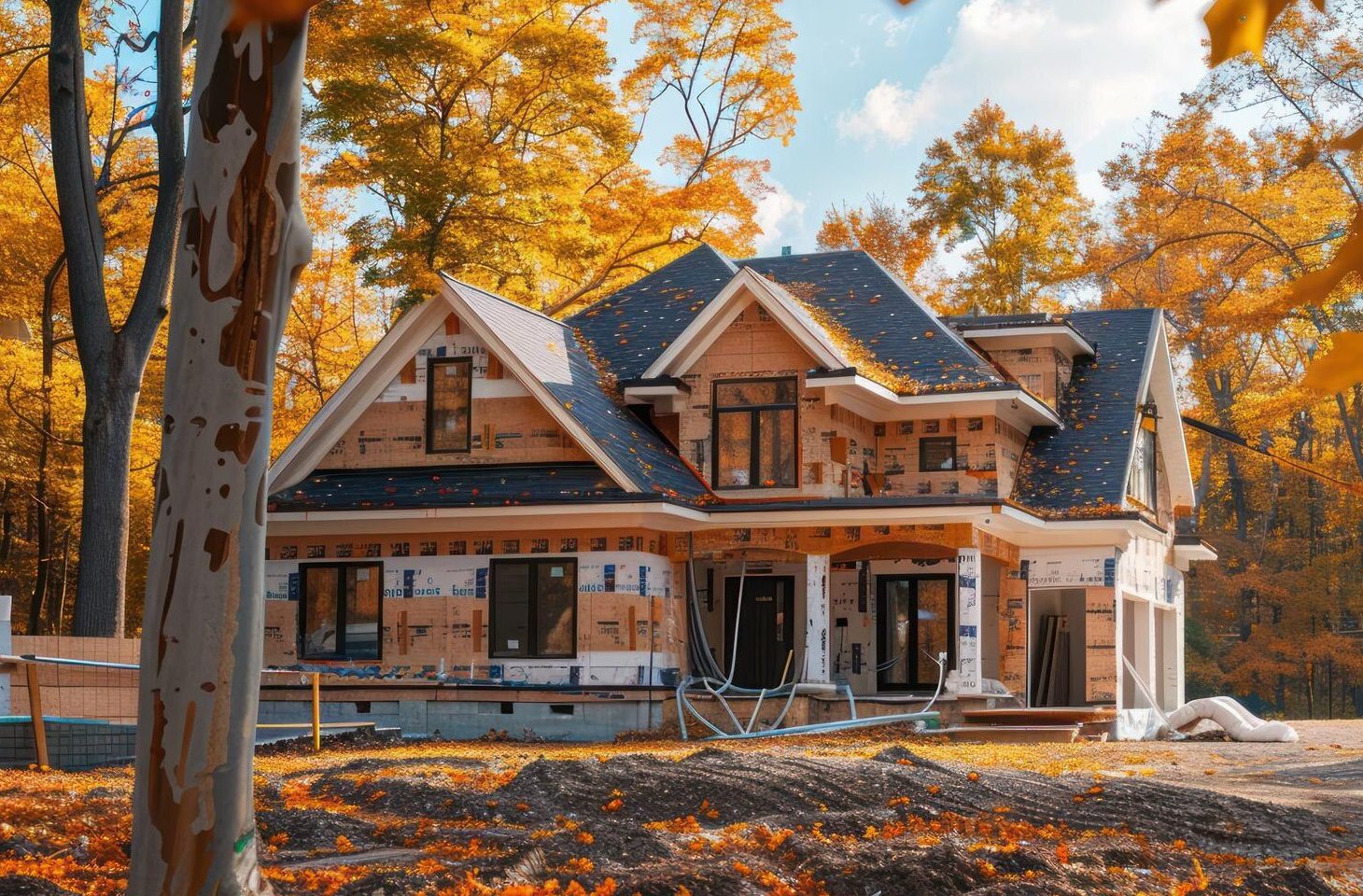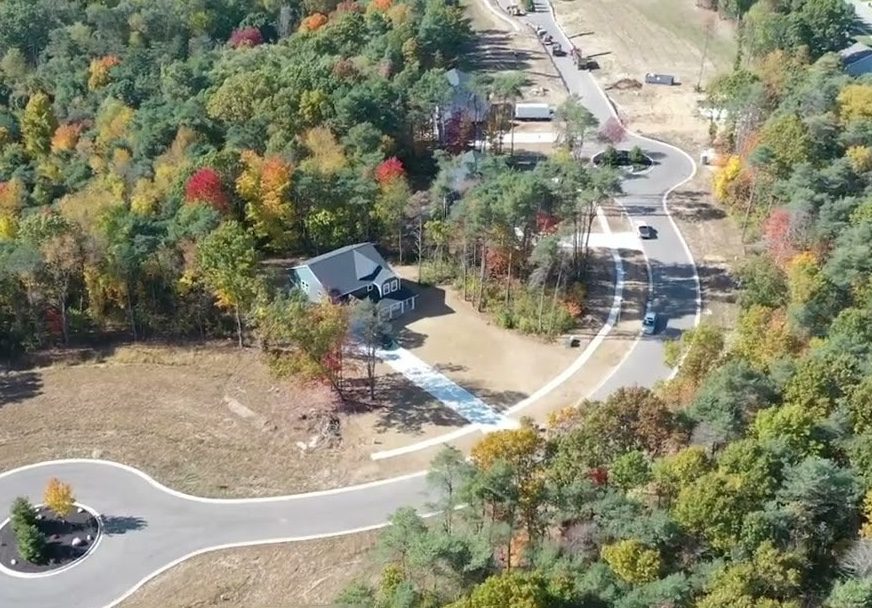State Equalized Value (SEV), Taxable Value, Assessed Value; what does it all mean?
If you’re buying a new home in the state of Michigan, you may be confused when it comes to your property taxes. We’ll try to explain without getting too deep.
In this article, we’ll provide a brief overview of how property taxes are determined, what the principal residence exemption (PRE) means, and what happens to property taxes when you build a new construction home.
1. How property taxes are determined in Michigan
Michigan property taxes are billed twice annually. Once in summer around July, and once in winter around December. The summer bill is the big one because of essential services like police & fire, street repair & state education funding. You typically pay in advance for services yet to be rendered, kinda, depending on the line item.
On your property tax bills, you’ll see 3 values: taxable value, state equalized value (SEV), and assessed value.
In Michigan, property taxes are based on taxable value, not necessarily SEV or assessed value. That’s important to know.
ALREADY OWN IT? OR SHOPPING?
If you already own the property: taxable value is the only number important to figuring out your current tax bill. This number may be outdated and may not reflect the home’s current value. That’s because of the annual cap. The cap is in place to keep tax bills from skyrocketing in a hot real estate market. The cap is the reason why, when looking at a particular home to purchase, this isn’t a good number to calculate future taxes from. Many buyers see current tax rates on Zillow listings and it’s just not a good indicator of future tax bills.
If you’re looking to buy the property: current taxable value becomes obsolete, and SEV or assessed value is the number important to figuring out your future tax bill. In December of the year you buy the home, your taxable value will be updated to your assessed value (or SEV) after your local assessor comes up with a “most probable price” based on your sales price and local comparable sales. You can then use this revised taxable value figure to calculate future tax bills going forward. And this is the only time SEV matters for tax calculation purposes; when it matches a new assessment.
Don’t agree with the new taxable value? You’ll get one opportunity a year to appeal in March. Still not happy? You can appeal to the Michigan Tax Tribunal.
In summary, property taxes are based on the taxable value of a home you already own.
When you purchase a different home or make significant improvements, your taxable value will likely increase, and resemble the assessed value (or SEV) and future tax calculations will be based off of this revised taxable value. Which is also now kinda your new SEV. And assessment. Which makes it confusing.
2. What’s the Principle Residence Exemption (PRE) or Homestead Exemption?
Simply put, the state of Michigan offers a tax break on the home you own and occupy before June 1 of a given year. A person or married couple is only allowed 1 PRE at a time, and you may not claim an exemption in any other state. If you purchase a home that was a “non-homestead” (rental), it’s important to close on that home and file your PRE with the local assessing office (along with your property transfer affidavit) before June 1 to enjoy your tax break…otherwise, you’ll pay a higher “non-homestead” rate until the following year.
If you own a property but do not occupy it (such as a rental, Airbnb, etc.) you can expect your property tax bills to be roughly 30% higher.
The state offers a temporary second homestead exemption under certain situations. These are considered “conditional recissions” and apply, for instance, when you purchase a new home, move out, and still have your old home listed on the market for sale.
3. What happens to property taxes when you build a new construction home?
When you purchase the land to build on, or sign the builder’s purchase agreement (if they already own the land), current taxes on the parcel are based on the taxable value of the dirt. Why? The home isn’t built yet.
So even after you close on your new home, until it’s re-assessed by the city or township (which typically happens 6 months to 12 months after closing – though it could be sooner or later), you are taxed on the assessed value of the land, not the house – which is usually much less!
Your buyer’s agent should know neighboring similar property values and taxable values to estimate future assessed value and thus estimate future tax liabilities. If your agent can’t do this, get a new agent. The lender will require this information for DTI calculations and loan approval.
That’s our oversimplified version of explaining Michigan Property Taxes – now, let’s connect to discuss your new home search!
The owners of The New Home Experts®, have over 40 years of combined experience in real estate, much of that with builders like Pulte & Toll Brothers. They also provide market research for area builders, developers, and national firms. If you’re considering a new home, remember: the builders’ rep represents the builder, not you. Work with the only local agents in Metro Detroit to specialize in new homes, and save money in the process – ask us how!
More Articles
Metro Detroit
NEWSLETTER: OCTOBER 2024
HOLIDAY MARKET FOR THOSE WHO CELEBRATE. The holidays are almost here since the consensus seems to be that Halloween has...
October 15, 2024
Read MoreMetro Detroit
6105 JASMINE DRIVE
Low-maintenance living in the coveted Trillium Park neighborhood, 6105 Jasmine was built by MJC and boasts a commute-friendly location near...
September 20, 2024
Read MoreMetro Detroit
NEWSLETTER: SEPTEMBER 2024
LOCAL FOCUS NY TIMES EXPLORES NATIONAL HOUSING CRISIS VIA KALAMAZOO. For everything that affects the housing market - interest rates,...




